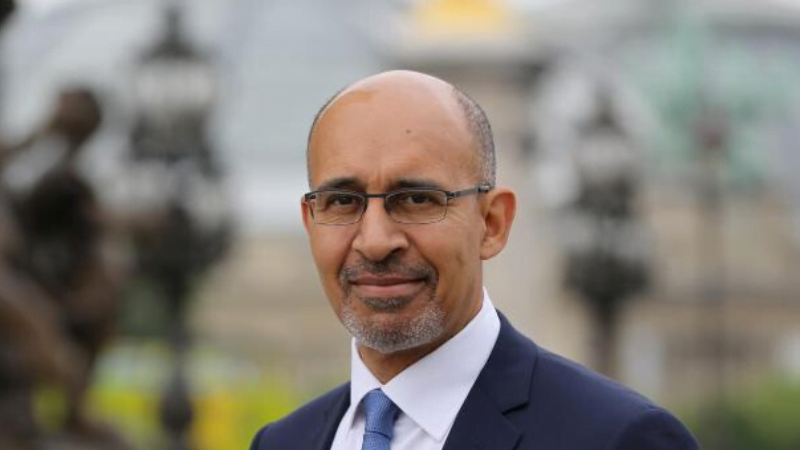Defamation law abuse and severe online harassment are two of the main problems faced by journalists in Europe, according to Organisation for Security and Co-Operation Europe Representative on Freedom of the Media Harlem Désir.
In his bi-annual report on media freedom, Désir highlighted the problems which journalists experienced between at the end of last year.
Speaking about legal safety situations, Désir listed “many” defamation cases, administrative fines, and blocking of websites as some of the measures taken to interfere with journalists doing their work. For example, Norwegian publication The Barents Observer was blocked in Russia, and journalist Armangedly Batyrbekov was sentenced to 27 months in detention for defamation in Kazakhstan.
“Some problems are still linked to the abuse of defamation laws, or laws on insult to State officials, which carry unjustified and disproportionate penalties and which restrict the publication of issues of public interest and obstruct the work of the press on corruption issues, for example,” he said.
The issue of defamation laws is the focus of many organisations working to protect freedom of the press. Earlier this year, non profit organisation Index on Censorship announced it a new research project to deal with this concern. It will expose the extent to which individuals with wealth and influence use “vexatious” legal threats to shut down investigations into their practices.
The Shift has also been threatened with SLAPP (Strategic Lawsuits Against Public Participation) suits twice – one by a Russian banker and another by Henley & Partners, Malta’s concessionaire for the cash for passports scheme. The same firm also targeted Daphne Caruana Galizia prior to her assassination.
The Maltese government has refused to introduce legislative amendments to protect journalists from the use of SLAPP suits.
In his report, Désir also highlighted the online harassment of female journalists: “Sadly, again, too many female journalists suffered severe online harassment”.
“The truth is that many journalists and media workers are still being harassed and assaulted just for doing their work, reporting on issues of public interest, publishing their free opinion, and fulfilling their function as an institution of democracy,” he reported.
“Most of these situations show that legislative and judicial reforms are needed, and must be completed, to ensure real protection of journalists’ rights and full compliance with OSCE media freedom commitments,” he said.
Malta is one of OSCE’s 57 participating states. Recently, the government nominated Konrad Mizzi to head Malta’s delegation to the OSCE assembly – a decision that Désir told The Shift was “incomprehensible and disturbing“. Prime Minister Robert Abela withdrew the decision a few hours after it was revealed by the press.
Within the report, Désir also lists his participation in a number of press freedom related causes in a number of countries. He has been observing and participating in the calls for justice in the case of Maltese journalist Daphne Caruana Galizia, even travelling to Malta in October 2019 for the two-year anniversary of her assassination in a car bomb in 2017.
In his last statement on the developing situation in Malta, Désir stressed that he was “following developments in the investigation on the murder of the leading investigative journalist” and all those involved in the assassination “must face justice”.
“There must be no impunity for such a crime. This remains our first priority,” Désir told The Shift.












